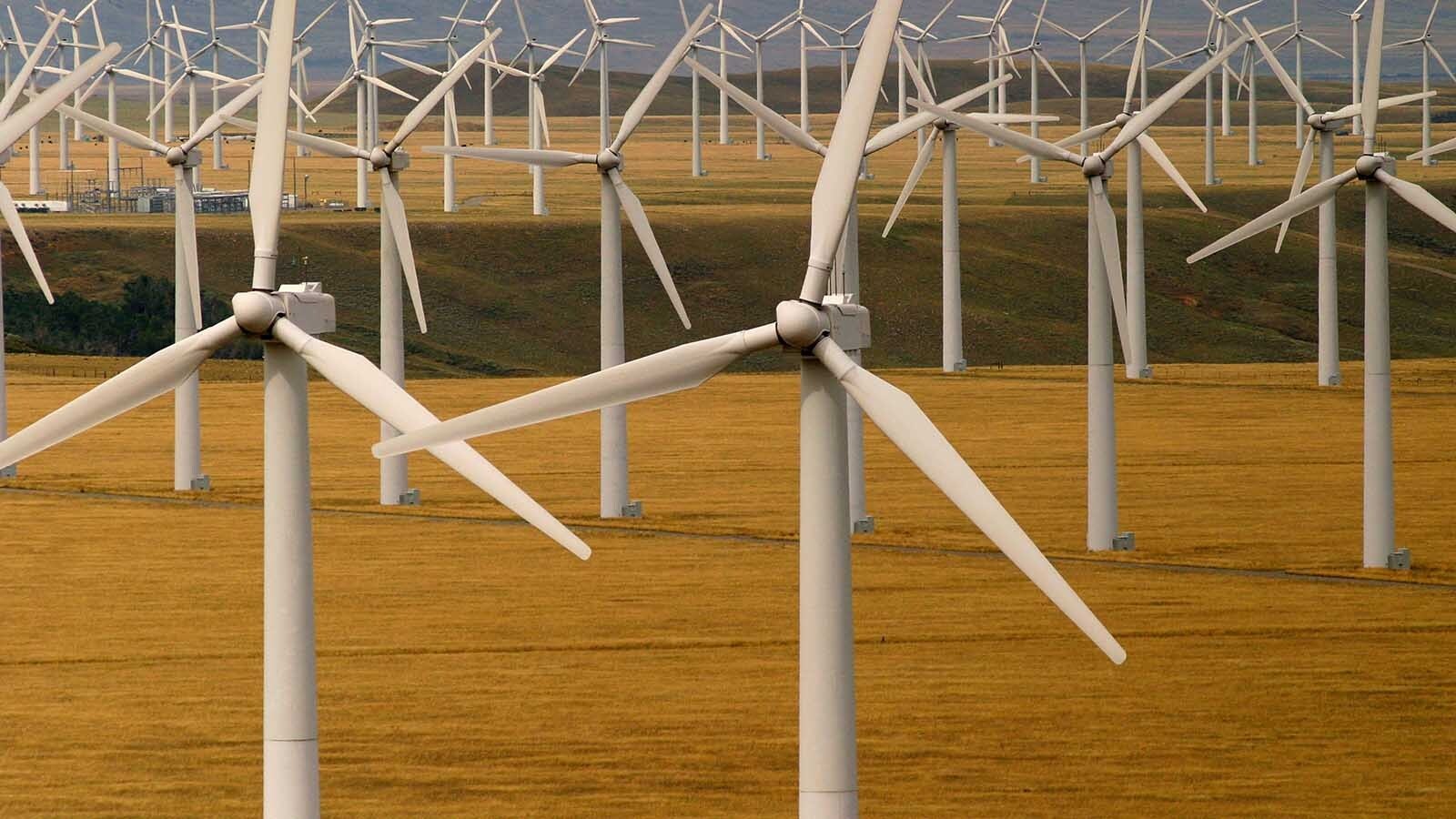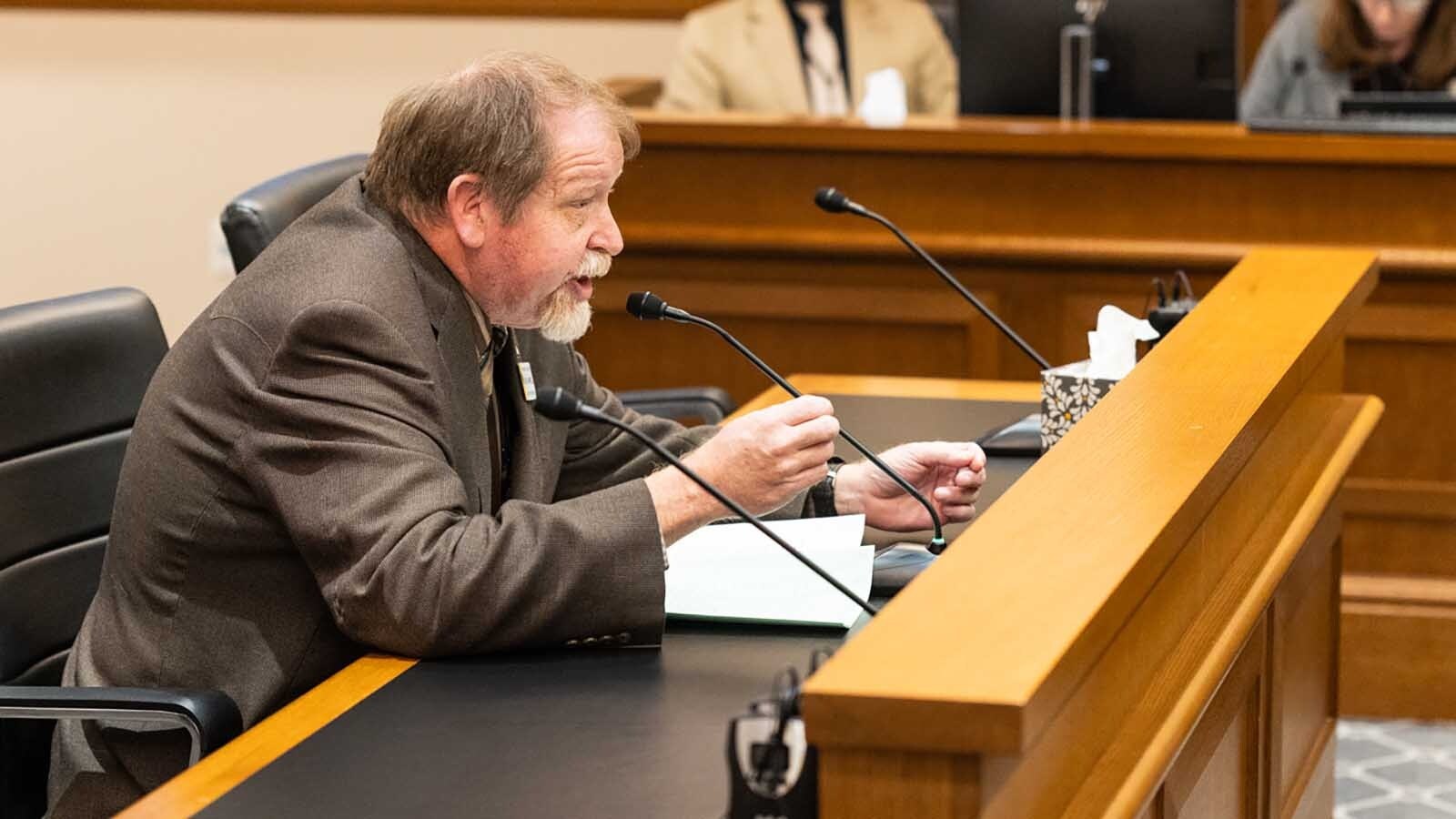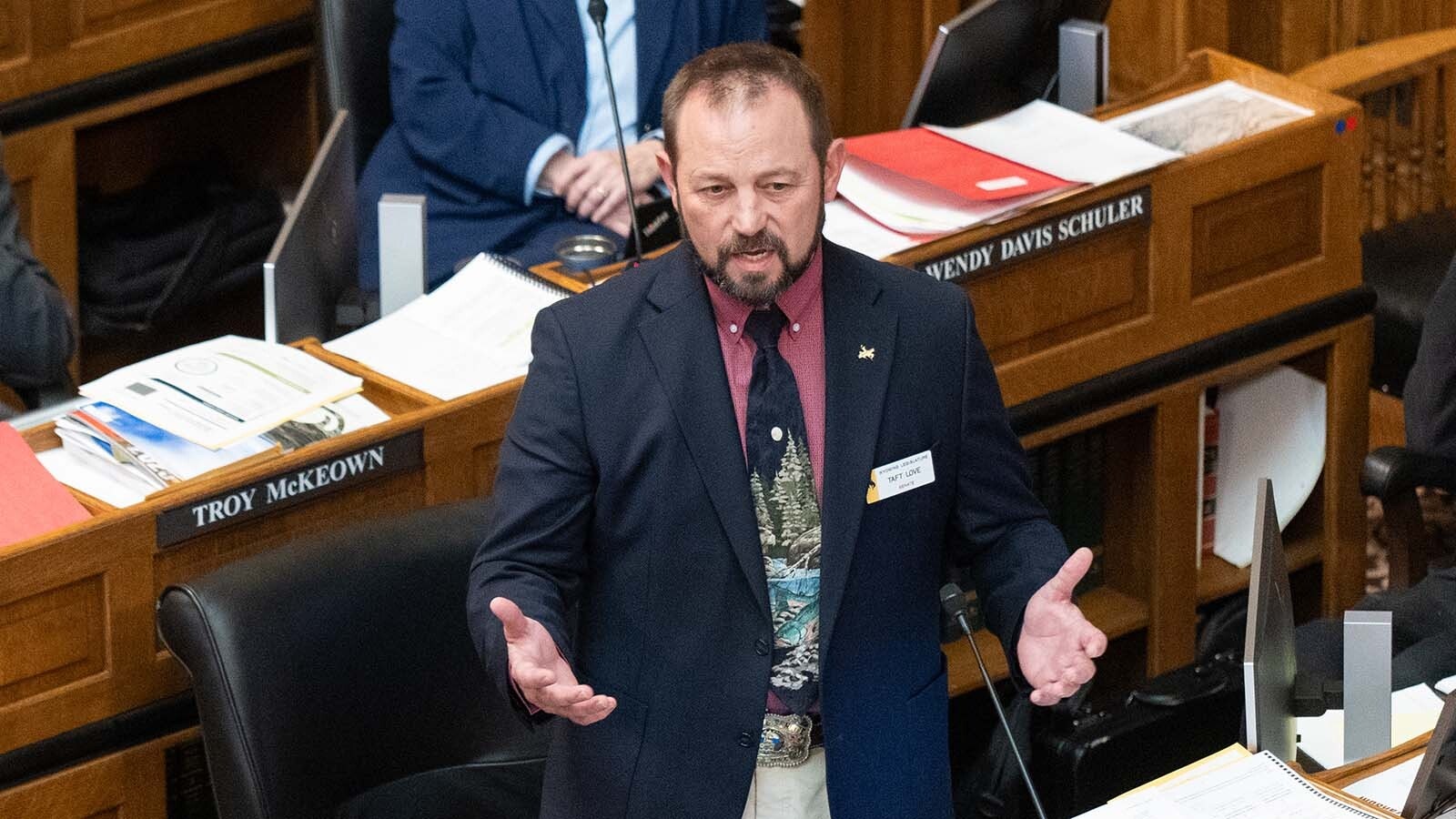Duane Ankney liked to heat his home with coal in Colstrip, Montana. Lots of folks do. They drive down to the local Rosebud Mine and a front loader drops scoops of the stuff into pickup beds and trailers.
But during the many cold months he spent in Helena, representing Colstrip and other Montana coal communities in the Montana Legislature, Ankney wasn’t around to keep his personal coal-fired home heating system fed and burning.
When Ankney passed away in August from apparent heart failure at 79, tributes on social media and in newspapers across Montana hailed him as the state’s “Coal King.”
Often donning a hat and blessed with an impressively bushy mustache, Ankney looked like an extra playing one of the townspeople in a Hollywood western. He remembered little things about his neighbors and patted them on the back when he got the chance.
Ankney also steered directly into political controversies, unafraid of the blowback and unmoved by shifting federal policy when it came to coal. Through the Obama and Biden administrations, as climate scientists broadcast the facts about coal’s outsized contributions to global warming, Ankney’s support for the coal industry never wavered.
Jason Small, executive secretary of the Montana AFL-CIO, remembered how Ankney liked to explain coal's importance to the state.
"He used to say all the time, ‘Everything in Montana has a little coal dust sprinkled on it,’” Small recalled.
Ankney often reminded his opponents that severance tax revenue, generated by Montana's coal industry, touches every corner of the state — funding schools, roads and public services.
Small, who went to school with Ankney's youngest son and knew the legislator for years, saw firsthand how Ankney's experience in the mines shaped his political philosophy.
"He loved his community. That's the thing that kept Colstrip alive,” said Small. “He loved the opportunities he was given over the years. He was just trying to continue to spread the wealth."
Political Winds Shift
Ankney spent decades fighting to save Montana's coal industry, only to die just as coal appears to be gaining new life.
His journey from Navy veteran to coal mine foreman to legislative champion began in Decker, Montana, just north of the Wyoming border, where he worked at Spring Creek Coal from 1979 to 1981.
In 1983, Ankney moved to Colstrip and eventually supervised the conveyor belt system that carries coal directly from the Rosebud Mine to the Colstrip Power Plant through a 4.2-mile conveyor belt — a lifeline connecting the mine-mouth power plant to its fuel source.
This direct link between a fuel source and a plant generating electricity was a thing of beauty to Ankney.
Many others saw it differently. The EPA under President Barack Obama proposed carbon emissions reductions that closely matched the output of Colstrip's oldest generators. Oregon required utilities to phase out "coal by wire" electricity generation by 2030. Washington state passed coal power phase-out plans. Together, utilities in these states held a 70% ownership stake in Colstrip.
Small watched as Ankney faced these challenges head-on.
"He was relentless," Small said. "There's some epic battles with the environmentalists. Any of the Colstrip brawls, any of the try to save Colstrip bills over the period of during his last three sessions. Those were just battles."
Ankney never gave up, and now his tenacity appears to be paying off as the plant has gained a new lease on life. NorthWestern Energy's expanded ownership to 55% of the plant has effectively allowed them to guide operations "until viable, equivalent, carbon-free energy resources are commercially available,” according to the utility.
Once on course to be closed by 2025, the Colstrip Power Plant is scheduled to remain open until at least 2030.
Across Aisle
Back in 2013, Ankney found himself defending something other than coal.
Small remembers being in the legislative chamber when Ankney delivered what would become one of his most memorable speeches.
"He made a lot of friends sticking it up for some gay rights issues,” Small recalled.
The speech, which supported the repeal of Montana's law criminalizing same-sex relationships, reportedly brought LGBTQ advocates to tears.
Ankney told his fellow lawmakers, "I raised five kids. Oldest is a daughter. And I got four sons. Three of them are veterans. And them four sons would give their last breath for my daughter to live her life in the way she chooses.”
As it still does today, gender and sexual identity politics divided many in the Legislature. To the delight of many, Ankney’s words offered a less divisive path for other Republicans to follow.
“To say she is any less of a person, or she is a criminal for her lifestyle, really upsets me,” continued Ankney. “I know the power of prayer, and the power of God, and I don't think God thinks any less of my daughter than he does of any one of you in here."
That moment, Small said, put Ankney "in a really good place" with legislators across party lines, enhancing his effectiveness on coal issues.
Small's favorite memory of Ankney came from a newspaper article that compared the coal defender to Don Quixote.
"Duane was Don Quixote, and he was circling through the desert on a pony," Small laughed, recalling the comparison.
George Harris, executive director of the Montana Coal Council, saw Ankney wield his influence around Helena. Last year, Harris created the "Defender of Coal" award specifically to honor coal champions like Ankney who made significant contributions to the industry.
"He's just been the best support for the coal industry that we could ever ask for,” said Harris, who has worked with legislators since 1977. "When Dwayne Ankney or Garry Parry spoke, everybody listened in to that legislation because they didn't know what the hell is going on. But those two, they knew the industry."
Last week, coal industry advocates watched as legislation reviving the National Coal Council passed the U.S. House and is now under consideration by the U.S. Senate. Ankney didn’t live long enough to be part of that effort, but as Harris put it, “What he stood for is going to keep going as a legacy that he started."
Colstrip Critics
Throughout his career, legislation Ankney supported — but not usually Ankney himself — became the target of widespread criticism from climate activists and those concerned about coal’s impact on the planet.
The Montana Environmental Information Center insisted one pro-coal bill Ankney supported "rises to the top in terms of a lousy idea.”
MEIC further explained that, "This bill would force the owners of Colstrip (Power Plant) to pay outlandish sums to the City of Colstrip, the state of Montana, and property owners in and around Colstrip if any units of the Colstrip plant are closed, but fails to guarantee the cleanup of the extensive contamination at Colstrip, fails to protect workers, and fails to require the owners to provide clean water to the town."
Amid the verbal fireworks, Ankney’s mustache might have twitched uncomfortably at times, but his steady presence in the debates over coal are not remembered as acrimonious.
“He would always wear some kind of a little fedora type hat,” remembered Small with the AFL-CIO. “And that mustache was the legend."
Small continued, "He was somebody who was not afraid to tell you he was proud of you. That’s a rare quality in a politician.”
For Garry Parry, who now serves in Ankney's former legislative seat, the loss of Ankney as an ally and friend remains an open emotional wound.
Ankney was the one who pushed him to run for office, literally handing him $100 to pay his filing fee.
"He was my mentor in the legislature," Parry said. "And you better be working hard. Dwayne was one hardworking man. Whether he was at the mine or in the legislature, this man couldn't sit still. I can't say I'm ever going to fill his shoes, but I will fight for coal as hard as he did.”
Remembering Ankney’s last days, Parry said, “I visited him. And, you know, his heart gave out. Basically, at the last, only 20% of his heart was working, and you'd be visiting with him and he'd fall asleep. I mean just drop off and then 20 seconds later, he’d wake up and look at you like, ‘What the heck?’”
The whole time Ankney remained engaged, said Parry, ready to pick up the conversation exactly where it left off.
Some of Ankney’s family asked visitors to not bring up politics in his last days, but others insisted that it was important to keep talking shop about the legislature and what’s best for Montana’s coal industry.
Parry said that’s what did for his old friend, because as Ankney’s wife Carol put it, “That’s what keeps him going.”













